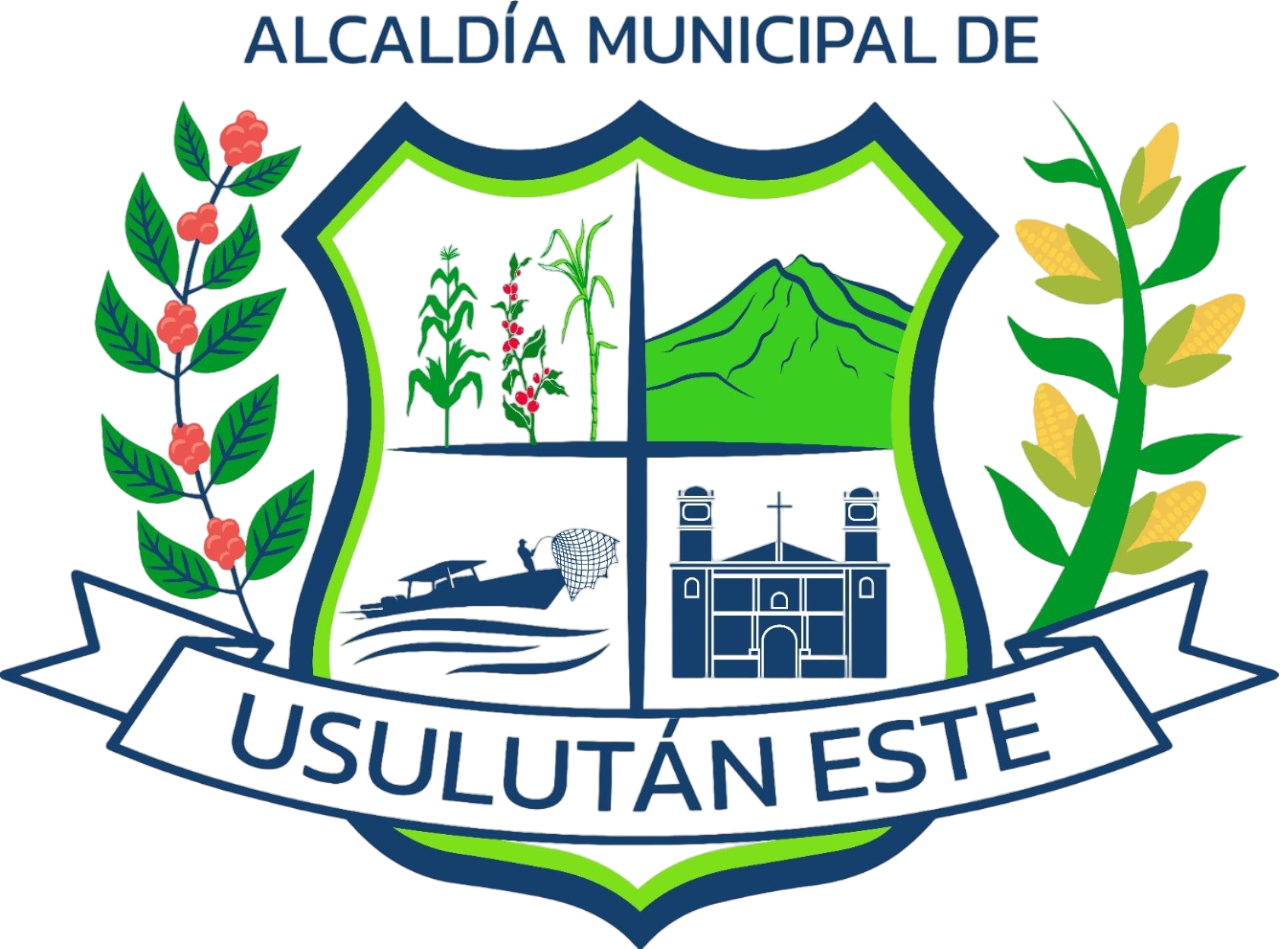
por TIM | Mar 23, 2018 | Environment
Environmental planning is the process of facilitating decision making to carry out land development with the consideration given to the natural environment, social, political, economic and governance factors and provides a holistic framework to achieve sustainable...

por TIM | Mar 23, 2018 | Environment
Municipal solid waste (MSW), commonly known as trash or garbage in the United States and as refuse or rubbish in Britain, is a waste type consisting of everyday items that are discarded by the public. «Garbage» can also refer specifically to food waste, as in a...

por TIM | Mar 23, 2018 | Environment
Recycling is the process of converting waste materials into new materials and objects. It is an alternative to «conventional» waste disposal that can save material and help lower greenhouse gas emissions (compared to plastic production, for example). Recycling can...

por TIM | Mar 23, 2018 | Environment
A flood is an overflow of water that submerges land which is usually dry. The European Union (EU) Floods Directive defines a flood as a covering by water of land not normally covered by water. In the sense of «flowing water», the word may also be applied to the inflow...

por TIM | Mar 23, 2018 | Environment
Water quality refers to the chemical, physical, biological, and radiological characteristics of water. It is a measure of the condition of water relative to the requirements of one or more biotic species and or to any human need or purpose. It is most frequently used...






